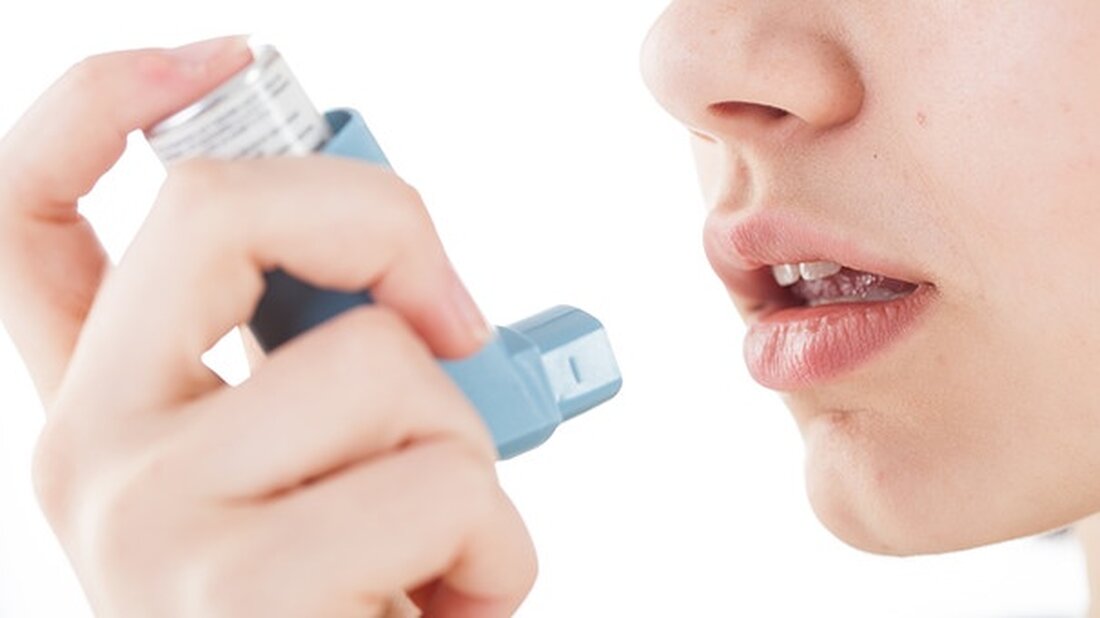Asthma treatment - medications used to treat asthma
Some people can suffer from asthma from birth until the rest of their lives. However, there are several medications that can relieve symptoms or cause a relapse entirely. Asthma can be effectively treated or cured with the right medications and natural approaches. You need to know the type and side effects of each one to stay safe and avoid very unfavorable results. You can find more information about treatment here. 1. Some Medications You Should Know Fluticasone is known as a corticosteroid that is taken along with other existing medicines to reduce inflammation in the nasal passages to treat rhinitis,...

Asthma treatment - medications used to treat asthma
Some people can suffer from asthma from birth until the rest of their lives. However, there are several medications that can relieve symptoms or cause a relapse entirely. Asthma can be effectively treated or cured with the right medications and natural approaches. You need to know the type and side effects of each one to stay safe and avoid very unfavorable results. You can find more information about treatment here.
1. Some medications you should know
Fluticasone is known as a corticosteroid that is taken with other existing medicines to minimize inflammation in the nasal passages to treat rhinitis, hay fever and seasonal allergies. Advair is a mixture of an asthma inhaler that contains salmeterol, a bronchodilator, and fluticasone to control asthma for several years. You can take zafirlukast to control asthma symptoms and minimize the number of asthma attacks in children aged 5 and over. The medicine also helps with breathing by minimizing inflammation in the airways. Taking the medication regularly can treat asthma and increase a person's ability to be physically active. You may also find that you need your rescue inhaler less often. However, unlike natural remedies, these medications can cause serious side effects in some people. It is important to read the medication package leaflet carefully.
2. More drugs
Flunisol is taken to prevent asthma symptoms such as shortness of breath and wheezing. For people who need to take corticosteroids orally to treat the symptoms of asthma, they can take flunisolide to reduce the dose of the drug that can be taken orally. The drug belongs to a class of medications called corticosteroids. Its function is to facilitate breathing by minimizing airway inflammation in the lungs. The medication also minimizes mucus and other symptoms of asthma.
3. Other useful inhalers
Alupent inhalers can help open the airways to make breathing much easier. Metaproterenol is taken to prevent and treat breathing problems. Mometasone can help you treat shortness of breath and wheezing that usually occur with asthma attacks. The drug is also a corticosteroid and works directly in the lungs to reduce airway swelling. Triamcinolone can treat asthmatic symptoms such as shortness of breath or wheezing. People who need to take corticosteroids orally may also have their dosage reduced. This is a corticosteroid that reduces swelling in the lungs as well as mucus. Again, unlike natural remedies, the serious side effects in certain individuals should be taken into account when using these medications.
4. Beneficial medicines
Beclomethasone can relieve allergic and non-allergic nasal symptoms such as runny nose, sneezing, and itching. It may also be used to prevent the development of growths in the nose or nasal polyps after removal by surgery. Terbutaline can treat shortness of breath and wheezing due to asthma. You can work and sleep better because your airways are freed and opened.
5. About inhalers
You can take inhalers to prevent shortness of breath and wheezing caused by asthma. Other medications can also be taken together if you have symptoms at least twice a week. Maxair inhalers can relax the smooth muscles of the lungs and widen the airways to stimulate breathing. The inhaler allows the medication to reach the deep parts of the lungs for optimal results.
6. Natural remedies
There are a number of natural remedies and treatments that can provide asthma sufferers with significant relief without the serious side effects associated with it. This includes breathing exercises, herbal remedies and avoiding triggers, etc.
Inspired by Selva Sugunendran

 Suche
Suche
 Mein Konto
Mein Konto
